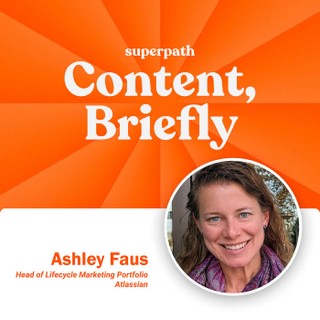
Atlassian: Ashley Faus on human-centered marketing in the age of AI
Content, Briefly
00:00
Navigating the Journey of Writing a Book
This chapter delves into the intricate writing process of crafting a book, detailing the transition from shorter formats to the depth of manuscript creation. It highlights the emotional highs and lows of writing while emphasizing the need for structure and experience.
Play episode from 25:24
Transcript


